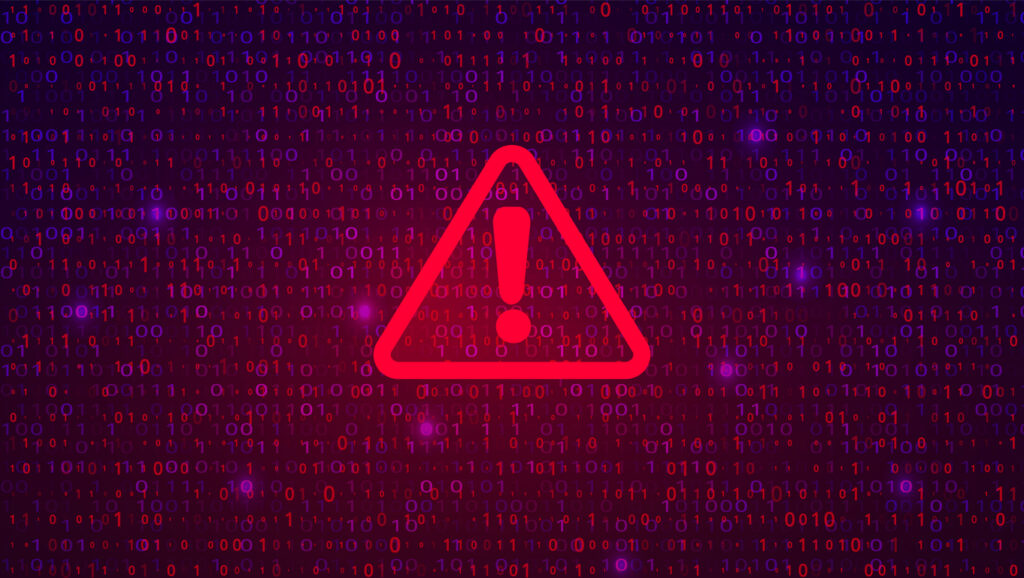
By Joel Dresang
The aftershock of Milwaukee’s 1,000-year flood in August was almost immediate: A deluge of scammers.
“Residents should exercise caution when it comes to unsolicited offers for home inspections, cleanup help or other forms of assistance,” a Milwaukee alderperson warned following a reported surge of texts, phone calls, email and door-to-door come-ons.
Families dealing with displacement, destruction and contamination from river flooding and sewer overflows also encountered bottom-feeding opportunists looking to prey on vulnerable residents.
“Scammers love a crisis, and, after emergencies, often pose as contractors, government officials, or charities to try to steal people’s money or personal information,” the Federal Trade Commission notes.
The takeaway: Criminals prepare for disasters. Their victims don’t.
You won’t have to wait 1,000 years for the next disaster – in Milwaukee or wherever you are. When catastrophe strikes, count on contending with swindlers. Here are some ideas for getting ready for them.
Compile emergency documents.
Imagine what you’d need in the aftermath of destruction to your home. How would you document conditions prior to the disaster? What evidence do you have of what you have?
The Federal Trade Commission suggests creating a household inventory, including photos and videos of your residence and possessions. Put your insurance policy and insurance contact information in the inventory, as well as important property records and financial and legal documents, including where to call for assistance.
Also include a list of trusted contractors and their contact information, in case you need help with repairs or reconstruction.
Learn more
- How To Organize Your Important Papers Before a Disaster Strikes, from the Federal Trade Commission
- Emergency Financial First Aid Kit, from the Federal Emergency Management Agency
Further resources
Milwaukee County Flood Resources
Disaster Fraud, from the Federal Emergency Management Agency
Wisconsin Severe Storms, Straight-line Winds, Flooding, and Mudslides, from the Federal Emergency Management Agency
FCC/FEMA Emergency Communications Tips, from the Federal Communications Commission
How To Get Back on Track After a Weather Emergency, from the Federal Trade Commission
Fraud Resources After a Disaster, from the National Insurance Crime Bureau
Safely store emergency files.
For paper documents, invest in a secure safe that is both fireproof and waterproof. Remember to lock it when you’re done, and tell someone you trust where you put the key. Beware that thieves tend to look for safes in bedrooms, so don’t be obvious.
Also, consider using secure digital storage of documents – which is both fireproof and waterproof. Have backups of important digital items. And take precautions, especially with passwords, to keep your information private.
Learn more
- Providing for your digital survivors, by Joel Dresang
- Keeping Your Account Secure: Tips for Protecting Your Financial Information, from the Financial Industry Regulatory Authority
- Personal financial security, a Money Talk Video YouTube series with Jason Scuglik
Review the documents.
At least once a year, locate your emergency documents and thumb through them, both to refresh your memory and to make sure they’re up to date. If forecasts say possibly disastrous weather is imminent, re-read your insurance policy to understand your coverage in advance.
Protect your credit.
To guard against identity thieves, consider freezing your credit or placing a fraud alert with your financial institutions. Such moves put lenders on their guard against anyone other than you who tries to open a credit account in your name.
Learn more
- What is a credit freeze or security freeze on my credit report? from the Consumer Financial Protection Bureau
Share your plans.
Don’t keep your preparations a secret. Entrust them to a couple of people who can find access to your emergency kit in case you’re not there right after the disaster.
Learn more
- Keeping family in the financial loop, a Money Talk Video with Isabelle Wiemero
- Financial guidance across generations, by Adam Baley
When disaster strikes, of course, your priority should be to protect yourself and your loved ones. But preparation gives you confidence to focus on people in the aftermath.
Joel Dresang is vice president-communications at Landaas & Company, LLC.
(Heads Up is an occasional feature by Landaas & Company investment to alert consumers to ways in which crooks are trying to separate them from their money.)